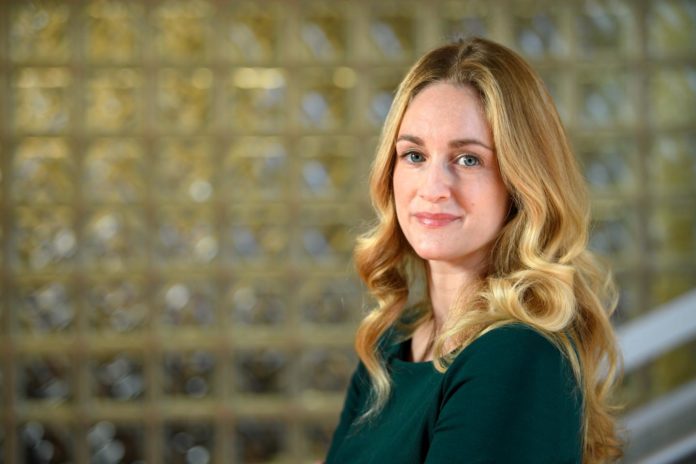They’ve been told attractive people are better off. Thanks to an innate human bias that’s become known as the “what is beautiful is good” effect, beautiful employees are seen as more intelligent, more competent, more everything-that-good. Attractiveness has been found to lead to more job interviews, more job offers, higher income, and greater overall success.
But there is also an untold story.
There’s also something known as the beauty is a beastly effect. It means beauty, apparently, can actually work against you. In fact, it can bring you increased discrimination in hiring and on the job, as well as less trust and loyalty when you’re a leader.
According to a new study by Washington State University, attractive businesswomen are perceived as less trustworthy, less truthful, and more deserving of being terminated than less appealing women.
This ‘femme fatale effect’, scientists suggest, goes beyond a usually acknowledged clarification that attractive ladies basically aren’t viewed as fitting in traditionally masculine roles. Or maybe the impact takes advantage of increasingly base sentiments of sexual instability, envy, and dread among both men and women.
Leah Sheppard, an assistant professor of management at the WSU Carson College of Business, said, “Highly attractive women can be perceived as dangerous, and that matters when we are assessing things like how much we trust them and whether we believe that what they are saying is truthful.”
The myth of the femme fatale has been around throughout the mythology of Ancient Greece. This myth really took hold towards the end of the 19th century. Despite decades of feminism and a growing awareness of gender stereotypes, the effect persists.
Sheppard said, “There are two dueling stereotypes here. You have the ‘what is beautiful is good’ stereotype, meaning that, in general, attractive people should fare better across their lifespan. We can say that that’s generally true. It becomes more nuanced when we look at gender. For women, there are certain contexts in which they don’t seem to benefit from their beauty.”
To reach to the conclusion, scientists conducted six separate tests using images drawn from a Google images search for a “professional woman” and had participants in Amazon’s Mechanical Turk, an online crowdsourcing platform, rate their attractiveness.
The first four studies asked participants to rate the truthfulness of women and men announcing layoffs in fictional news accounts. Regardless of their title or industry–executive or the traditionally feminine public relations professional, the masculine culture of a tech firm or a more feminine hospital – the attractive women were consistently considered less truthful than the non-attractive women. Because the results were independent of the women’s role or industry, the “best fit” argument failed.
In the fifth study, the researchers used what’s called a prime, a suggestion that puts participants into an emotional state that can color their perspective. They asked participants to think and write about a time when they felt secure in a relationship and certain that their romantic partner “was faithful and committed to them alone.” This was called the “sexual security” prime. A second “general security” prime had them think and write about a time when they felt very good about themselves.
Those primed to feel sexually secure ended up thinking attractive women were as truthful as less attractive women.
The final study asked if participants thought the woman should be fired and primed some participants to feel sexually secure but others to feel sexually insecure. As with the fifth study, the sexually secure participants found both attractive and less attractive women were equally truthful. Participants primed to feel sexually insecure viewed the attractive women as less truthful and therefore, more deserving of termination.
Sheppard sees both evolutionary and social factors at work in the results.
Evolutionarily, women have used their attractiveness to get mates. They see more attractive women as competition and threats to steal their partner. Men, for their part, have been drawn to attractive women but worry that their attractiveness might make them unfaithful. Before the recent advent of the paternity test, they risked raising children that were not their own.
Sheppard said, “Socially, attractive women can use their looks to get advantages in the workplace, whether they deserve it or not. Both men and other women can find this unfair if not deceitful.”
“The femme fatale effect might be blunted if people were more conscious of the stereotypes they use, but people are often unwilling to acknowledge that they use stereotypes, to begin with.”
“Unfairly or not, much of the burden of addressing the problem falls on attractive women themselves, who she said can attempt to be more transparent.”
Another co-author of the study includes Stefanie K. Johnson from Leeds School of Business, University of Colorado Boulder, Boulder, USA. The paper is published in the journal Sex Roles.
